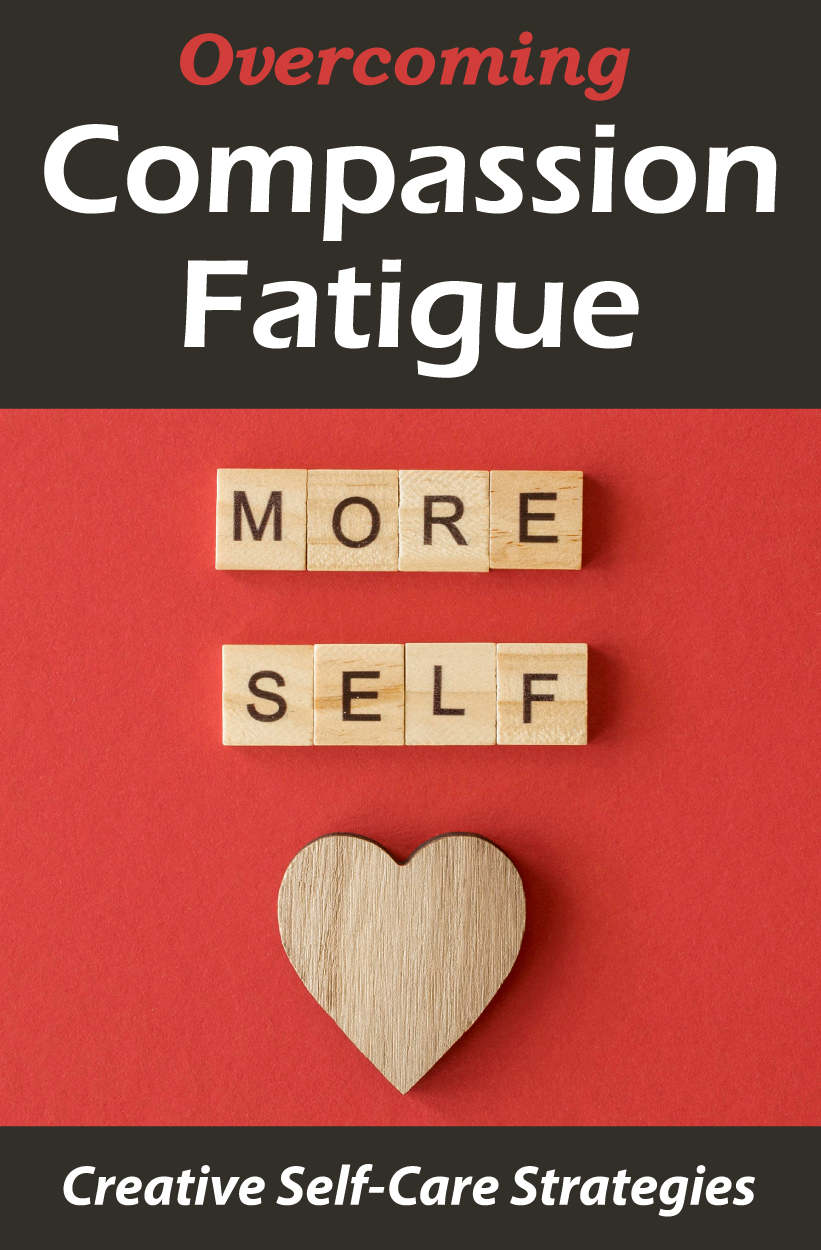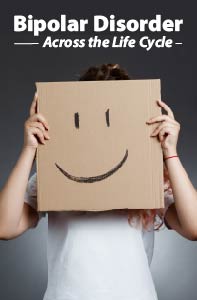SALE
$14.5
REG. $29

Related Courses

Overcoming Compassion Fatigue: Creative Self-Care Strategies

Gaming Disorder and Internet Addiction

Bipolar Disorder Across the Life Cycle
Overcoming the Stigma of Mental Illness
Claire Dorotik-Nana, LMFT
CE Credit: 2 Hours
Target Audience: Psychology CE | Counseling CE | Social Work CE | Occupational Therapy CEUs | Marriage & Family Therapy CE | School Psychology CE | Teaching CE
Learning Level: Intermediate
Course Abstract
Overcoming the Stigma of Mental Illness is a 2-hour online continuing education (CE/CEU) course that explores the stigmas around mental illness and provides effective strategies to overcome them.
The Substance Abuse and Mental Health Services Administration (SAMHSA) defines mental illness stigma as “a range of negative attitudes, beliefs, and behaviors about mental and substance use disorders.” Mental health and substance use disorders are prevalent and among the most highly stigmatized health conditions in the United States, and they remain barriers to full participation in society in areas as basic as education, housing, and employment.
This course will explore the stigmas surrounding mental illness and provide effective strategies clinicians can use to create a therapeutic environment where clients can evaluate their attitudes, beliefs, and fears about mental illness, and ultimately find ways to overcome them. We will explore the ways in which mental illness stigmas shape our beliefs, decisions, and lives. We will then look at specific stigmas about mental illness, from the fear of being seen as crazy to the fear of losing cognitive function and the ways in which we seek to avoid these fears. We will then look at targeted strategies that, you, the clinician, can use to create a therapeutic alliance where change and healing can overcome the client’s fears. Lastly, we will look at the specific exercises you can use in session with your clients to help them address and overcome their biases and stigmas about mental illness.
Closeout Course #21-24 | 2018 | 35 pages | 15 posttest questions
Learning Objectives
Professional Development Resources is approved by the American Psychological Association (APA) to sponsor continuing education for psychologists. Professional Development Resources maintains responsibility for this program and its content. Professional Development Resources is also approved by the National Board of Certified Counselors (NBCC ACEP #5590); the Association of Social Work Boards (ASWB Provider #1046, ACE Program); the American Occupational Therapy Association (AOTA Provider #3159); the Commission on Dietetic Registration (CDR Provider #PR001); the Alabama State Board of Occupational Therapy; the Arizona Board of Occupational Therapy Examiners; the Florida Boards of Social Work, Mental Health Counseling and Marriage and Family Therapy (#BAP346), Psychology & School Psychology (#50-1635), Dietetics & Nutrition (#50-1635), and Occupational Therapy Practice (#34); the Georgia State Board of Occupational Therapy; the New York State Education Department's State Board for Mental Health Practitioners as an approved provider of continuing education for licensed mental health counselors (#MHC-0135), licensed marriage and family therapists #MFT-0100, and licensed social workers #SW-0664 (Note: New York counselors, marriage & family therapists, and social workers will receive 2 continuing education credits for completing this self-study course); the Ohio Counselor, Social Worker & MFT Board (#RCST100501 - Note: Ohio MFTs completing this course will receive 2 clinical continuing education credits); the South Carolina Board of Professional Counselors & MFTs (#193); the Texas Board of Examiners of Marriage & Family Therapists (#114) and State Board of Social Worker Examiners (#5678); and is CE Broker compliant (#50-1635) (all courses are reported within two business days of completion).
This online course provides instant access to the course materials (PDF download) and CE test. The course is text-based (reading) and the CE test is open-book (you can print the test to mark your answers on it while reading the course document).
Successful completion of this course involves passing an online test (80% required, 3 chances to take) and we ask that you also complete a brief course evaluation. Click here to learn more.
Have a question? Contact us. We’re here to help!
Claire Dorotik-Nana, LMFT, is a Licensed Marriage and Family Therapist who specializes in post-traumatic growth, optimal performance, and wellness. She is licensed to practice in California and Colorado. Claire earned her BS in Kinesiology and worked as a personal trainer for years before becoming a course developer for International Sports Science Association. Claire is always thinking about ways to improve physical fitness and nutrition as a modality for improving mental health. She also writes in her popular blog, Leveraging Adversity on Psychcentral.
Disclosure:
Financial: Claire Nana receives author compensation from Professional Development Resources.
Nonfinancial: No relevant nonfinancial relationships exist.
Customer Reviews